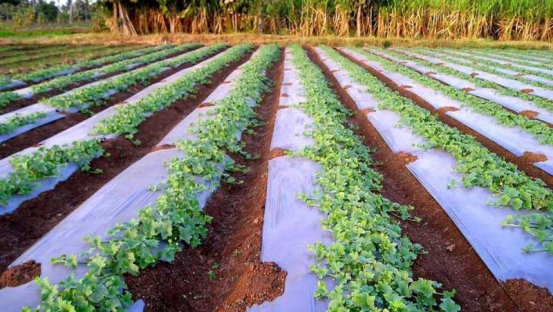×
The Standard e-Paper
Join Thousands Daily

The practice involves draping wet soil in a special kind of polythene film to conserve moisture.
Earlier this month, I visited Kathama, a tiny village in Machakos, where I discovered remarkable farming techniques. This is a novice innovation with great capacity in a water scarce area.